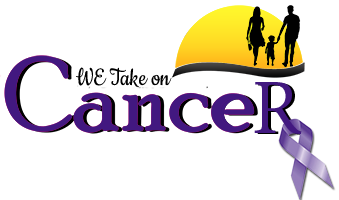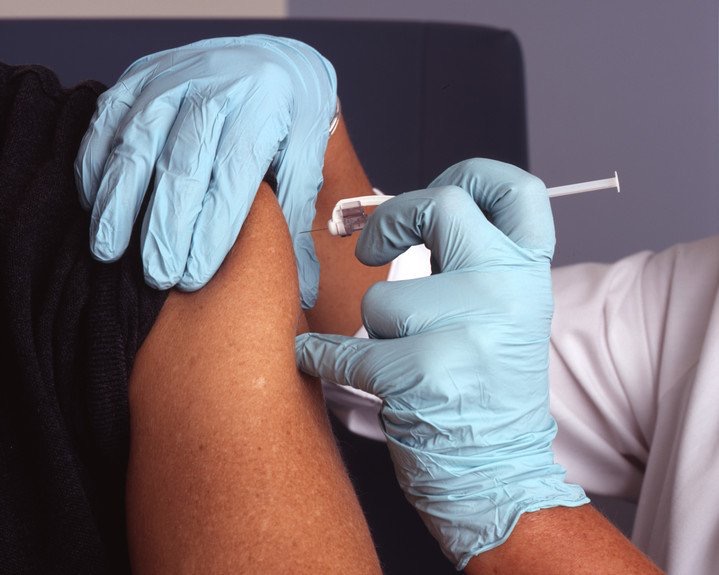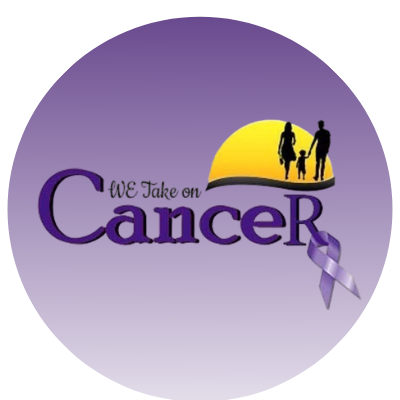Originally posted by: Felix Gussone, MD on nbcnews.com
The number of cancers related to HPV has dramatically increased, a new government report finds. But too few people are receiving the best protection against the preventable and potentially deadly diseases of the cervix, head and neck: a vaccine given to pre-teens which could protect them later in life.
The number of human papilloma virus (HPV)-associated cancers in the United States has increased by 17 percent, to nearly 39,000 cases a year, according a report released Thursday from the Centers for Disease Control and Prevention.
While men cannot get HPV-linked cervical cancers, they are particularly vulnerable to HPV-related cancers of the mouth, tongue and throat, called oropharyngeal cancers. According to the new CDC report, the rates of mouth and throat cancers are more than four times higher among males than females.
“In the past, people always felt that the boys needed to be vaccinated to protect the girls but, truthfully, they need to be vaccinated to protect themselves”, says Dr. Lois Ramondetta , professor of gynecologic oncology at MD Anderson Cancer Center who has made it a personal mission to educate both parents and pediatricians about HPV and the vaccine that can help stop cancer before it starts.
Ever since actor Michael Douglas announced in 2013 that he suffered from HPV-related throat cancer in 2013, people realized HPV poses a threat not only to women, but to males of all ages.
“There is an epidemic of HPV related cancers in men, specifically those of the tonsil and the back of the tongue,” says Ramondetta. “What’s really important to know about those is that there is no screening test for those.”
A recent study in the Journal of the American Medical Association found that HPV infection raises the chances of throat, mouth or tongue cancer by at least sevenfold. Experts predict that throat cancer will beat out cervical cancer as the most common HPV-related cancer by 2020.
The most effective way to prevent that: Early vaccination.
Boys and girls are supposed to get three doses of the HPV vaccine — starting at age 11 or 12 because the vaccine works best before sexual activity begins.
“The other benefit of giving it early is that our immune response is better. And that it may last longer,” Ramondetta explains.
Yet the latest statistic from the CDC shows that in 2014, only 40 percent of teenage girls received all three doses of the vaccine needed. In boys, that number is even lower: Only 22 percent of boys between 13 and 17 are properly vaccinated against HPV, increasing their chances for HPV-caused cancers later in life.
“We actually know the majority of them can be prevented with the HPV9 vaccine that’s out now,” says Ramondetta. In fact, the new CDC study found that 93 percent of all HPV-caused cancers are preventable with existing HPV vaccines.
According to the CDC, the HPV vaccine — which is usually covered by insurance — is safe and not associated with serious side-effects of the HPV


